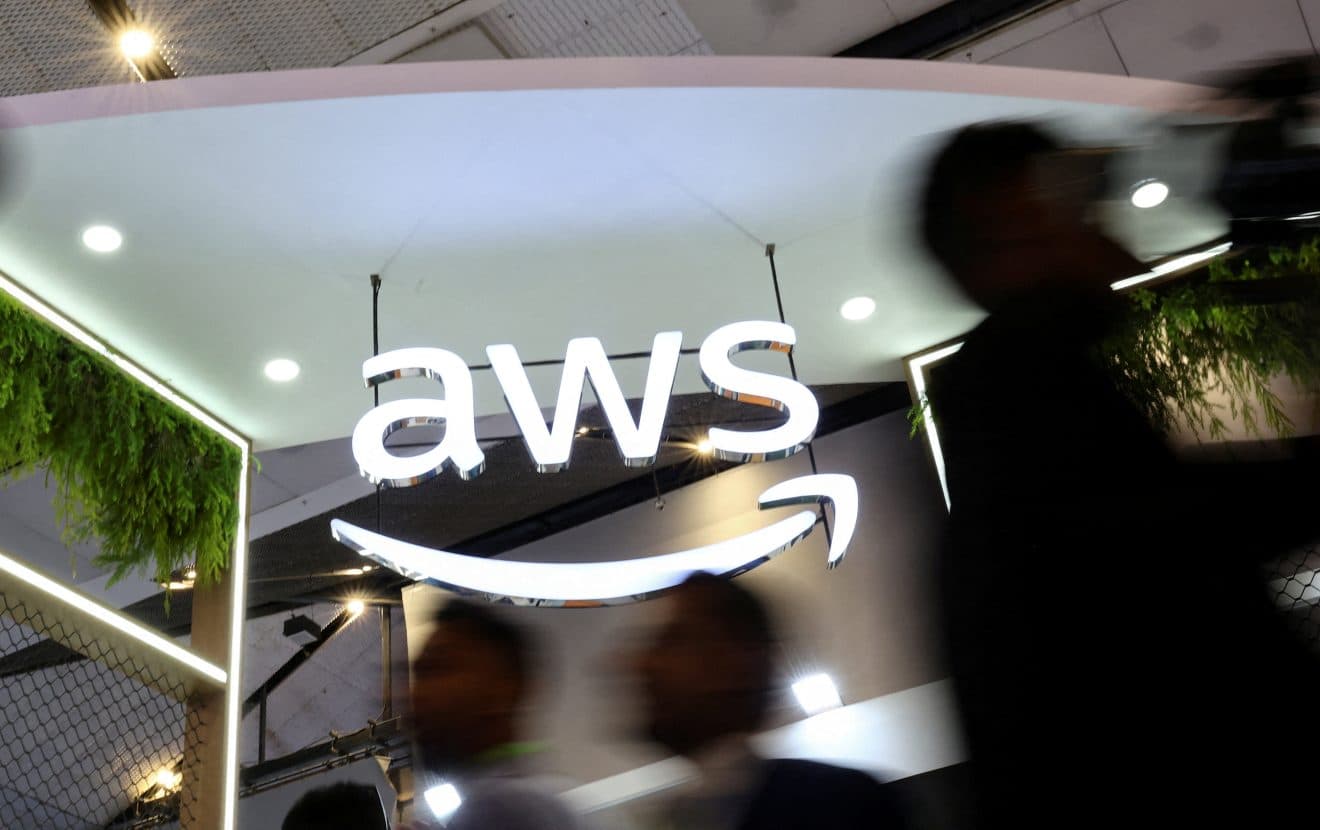We're loading the full news article for you. This includes the article content, images, author information, and related articles.
Kenyans faced widespread disruptions to popular online platforms, including Snapchat, Canva, and Roblox, on Monday, October 20, 2025, due to a major global outage affecting Amazon Web Services (AWS).

A significant global outage of Amazon Web Services (AWS) on Monday, October 20, 2025, caused widespread disruption to numerous online platforms, with a noticeable impact on users in Kenya. Popular applications such as Snapchat, Canva, Roblox, and Duolingo experienced service interruptions, leaving many Kenyans unable to access or utilise these platforms for several hours.
The technical issue, which began around 10:00 AM East Africa Time (EAT), led to over 13,000 reports of AWS-related problems worldwide by mid-morning, according to global monitoring site Downdetector. Snapchat users in Kenya reported app failures, while gamers and developers on the Roblox platform faced login issues and server errors. Students, marketers, and content creators relying on Canva encountered loading problems or blank screens, and Duolingo learners experienced app crashes, disrupting their daily language practice streaks.
Globally, other services affected included Coinbase, Amazon Alexa, Crunchyroll, Fortnite, PUBG, Apple TV, and The New York Times. While some of these platforms are less commonly used in Kenya, the disruption to Coinbase is significant given its growing traction among local cryptocurrency traders.
This incident is not an isolated event. In July 2024, a global outage caused by a faulty software update from cybersecurity firm CrowdStrike also severely impacted technology systems worldwide, including those of Kenya Airways. These recurring disruptions underscore the inherent vulnerabilities in Africa's increasing reliance on a few dominant global cloud providers like AWS, Microsoft Azure, and Google Cloud.
While these tech giants have been instrumental in Africa's digital transformation, offering essential services and fostering economic growth, their monopolistic control presents a significant risk. Cybersecurity experts have consistently urged African leaders to balance leveraging global tech services with investing in homegrown digital infrastructure to enhance data sovereignty and control over critical infrastructure.
The widespread impact of such outages raises questions about digital resilience and disaster recovery strategies for businesses and government services in Kenya. While AWS has robust infrastructure, the incident demonstrated that simply spreading applications across different availability zones or regions within a single cloud provider may not be sufficient to prevent widespread disruption.
There is a growing call for businesses to implement stronger disaster recovery strategies, including warm standby systems or utilising multiple cloud providers, rather than solely depending on the guarantees of a single provider.
The outage prompted immediate reactions from affected companies. Perplexity CEO Aravind Srinivas confirmed on X (formerly Twitter) that their platform was down due to an AWS issue. Similarly, the official Fortnite Status account acknowledged that an outage affecting several internet services was impacting Fortnite logins.
The AWS outage highlights the significant risks associated with the internet's heavy reliance on a few major cloud providers. A single point of failure within a critical region, such as AWS's US-EAST-1, can trigger a cascading effect globally, impacting diverse sectors from financial services and government operations to consumer applications.
For Kenyan businesses and individuals, such disruptions can lead to financial losses, decreased productivity, and erosion of customer trust. The economic and operational costs, even from outages lasting only a few hours, can be substantial for companies dependent on these critical services.
While AWS has stated that the underlying DNS issue was fully mitigated and most services are recovering, the exact financial impact on Kenyan businesses and individuals remains largely unquantified. Amazon has yet to issue a detailed explanation of the root cause, though similar past outages have been linked to server misconfigurations or overloads within the AWS cloud infrastructure.
The issues began early Monday morning, October 20, 2025, with AWS reporting increased error rates and latencies in its US-EAST-1 region. Engineers quickly engaged, and by early afternoon EAT, AWS indicated significant signs of recovery, with the underlying DNS issue largely resolved. However, some services continued to experience intermittent failures as backlogs of requests were processed.
The incident is likely to reignite discussions among Kenyan policymakers and business leaders regarding strategies to enhance digital resilience and reduce over-reliance on single global cloud providers. Expect increased emphasis on diversifying cloud infrastructure and investing in local data solutions to mitigate future risks.
Kenya and Africa rethink digital dependency after global IT outage (December 6, 2024).
Keep the conversation in one place—threads here stay linked to the story and in the forums.
Sign in to start a discussion
Start a conversation about this story and keep it linked here.
Other hot threads
E-sports and Gaming Community in Kenya
Active 9 months ago
The Role of Technology in Modern Agriculture (AgriTech)
Active 9 months ago
Popular Recreational Activities Across Counties
Active 9 months ago
Investing in Youth Sports Development Programs
Active 9 months ago